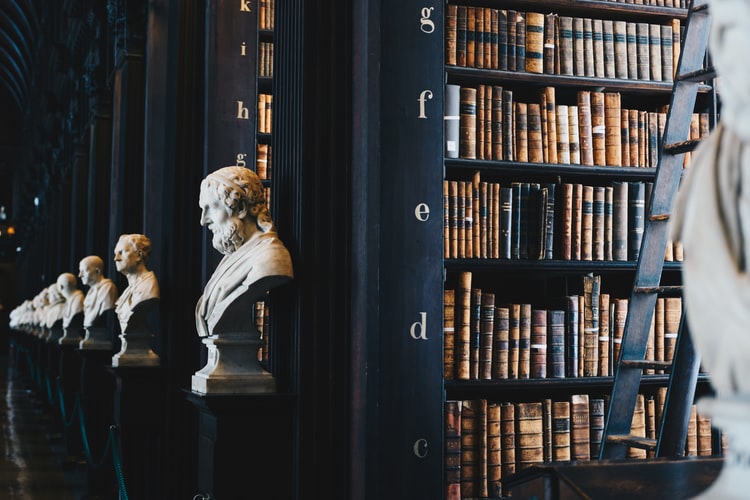Karl Max, one of the world’s most legendary historians cum philosopher once said that History repeats itself, first as a tragedy and second as a farce. The present ongoing situation of coronavirus pandemic and eerie resemblance with the 1918s Spanish Flu is something which one can relate to. But is this the reason why history is so much dreaded and disliked? Well everyone has their own set of opinion and stand in this regard but one very important thing is that history is indeed a thing which has shaped us what we are today.
Like it or not but history has played a huge role in defining the culture, ethics, and integrity of the present society. And that is the reason why Martin Luther King once said: “We are not the makers of history but instead we are made by the history”. Various philosophers, authors, writers, politicians, kings, and others have made various attempts to record the influential sequential events of history. While some came as path-breaking and revolutionary, some came as generation-defining. If anyone is an avid reader as well as a history enthusiast at the same time, then one must read these history books.
An Era of Darkness: The British Empire in India by Shashi Tharoor
Penned down by one of the greatest influential speakers and writers of India, Shashi Tharoor, this book is an extended and comprehensively articulated version of his famous speech at Oxford University where he debated over Britain’s stand on India’s pre and post-colonial situation. This book is not just another book in the market telling us about the horrors of British India, but also a detailed version of how Britain deliberately squeezed India from a globally dominant power to a poverty and famine stuck messed-up state.
India after Gandhi: The history of the world’s largest democracy by Ramchandra Guha
Written by one of the most well-known historians of India, Ramchandra Guha, this book is an epilogue of the modern Indian democracy post-independence. A book written in a very compelling language strikes the very chord of the general population of India. This book takes one around through the various phases of subsequent integration of the princely states of India post-independence, its democracy, its war, its foreign policy, its politics, and almost all the well-known cases and situations. It is a must-read book for Civil Service aspirants.
The Story of Civilization by Will and Aerial Durant
This 11 volume book series is one of the world’s greatest gifts from the literature fraternity. This book series is not just only a compelling history series but a detailed insight into the various civilizations, societies, and how it shaped the modern world. Besides, this book is also considered as the Bible of History and almost all the well-known authors, historians, and philosophers have taken due references from this well-articulated and detailed series.
The Guns of August by Barbara W. Tuchman
Penned down by the two-times Pulitzer Prize winner author Barbara W. Tuchman, this book is a comprehensive and compelling narration of the sequence of events of how and why World War 1 happened, what are the effects of the war and how it led to another fateful war and a series of tragedy. Unlike the other World War 1 books which mainly focus on the narration of the World War, this book looks into the other grey matters of the war which were overlooked by many historians and writers.
Appeasement: Chamberlin, Hitler, Churchill and the Road to War by Tim Bouverie
Written in 2019 by historian Tim Bouverie, this book on World War 2 is somewhat different from that of the other history books and narrations on World War 2. As most of the history books take into account the various problems in assessments and faults of the western powers in dealing with the situations of the German Empire post World War 1, this book strictly deals with an underlying grey matter which hasn’t been taken into account by any historian, that is the appeasement policies of the western nations after Hitler came into power in Germany.
Genghis Khan and the Making of the Modern World by Jack Weatherford
Endorsed by the former Prime Minister of India Manmohan Singh himself, this book takes into account another side of the Mongol Empire. It chiefly deals with his policies, feudal system, cultural impact, trade, blossoming civilization, cultural communication, and its socio-economic impact chiefly on South Asia and Europe. This book is the first part of the two series book with the second book being Genghis Khan and the Quest of God.


















